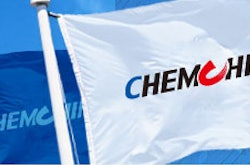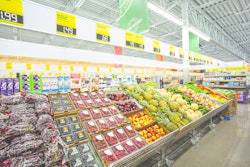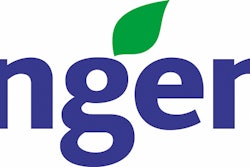
U.S. opposition to the largest acquisition by a Chinese company is growing, with a top farm-state senator saying the $43 billion takeover of seed giant Syngenta AG could pose risks to the security of America’s food supply, according to The Wall Street Journal.
Charles Grassley, R., Iowa, launched a public broadside against China National Chemical Corp.’s planned deal, saying that the government must ensure that “we’re not permitting the sale of too much of our food industry, especially when government-controlled entities like ChemChina are the buyers.”
He said in an interview Wednesday that a bipartisan group of senators would seek a formal role for the U.S. Department of Agriculture as the Treasury-led Committee on Foreign Investment in the U.S., or CFIUS, carries out a national security review of the proposed ChemChina-Syngenta deal. Lawmakers want food security and safety implications analyzed, said Sen. Grassley said.
CFIUS is already expected to examine Syngenta’s U.S. chemical plants that are potential terror targets, including some near military bases.
Syngenta, based in Switzerland, generates about one-quarter of its sales in North America, where it is a top pesticide seller and supplies an estimated 10 percent of U.S. soybean seeds and 6 percent for corn.
Editors Insight: This week’s terror attacks in Brussels, Belgium underscores the importance of the security review of U.S. chemical plants that the Chinese government would control if the proposed acquisition occurs. U.S. lawmakers like Senator Grassley are doing their job in advising the government that lawmakers should have a formal role in overseeing the food security and safety precautions.
At the same time, the food U.S. food industry wants to be sure that if this acquisition occurs, American food companies will have better access to the Chinese market. Grassley has noted that the acquisition would give China a significant share in the consolidated U.S. seed market. U.S. farm groups have complained that China’s process for approving agricultural products is exceptionally cumbersome. 3-24-16 By Elliot Maras

















